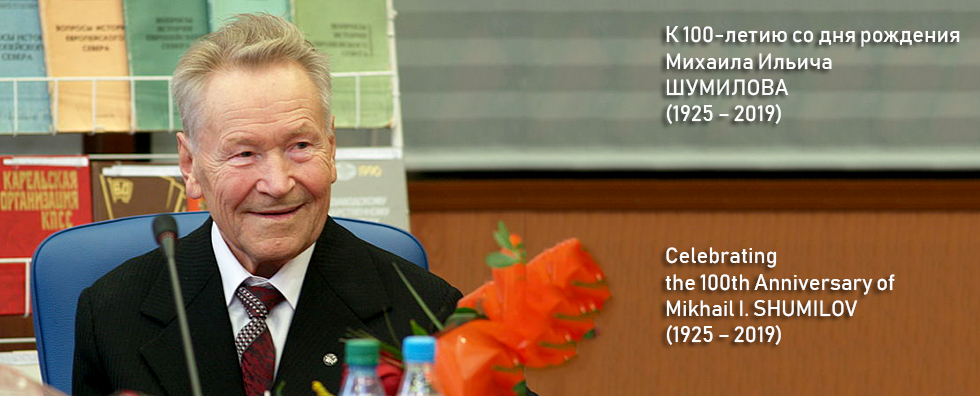References
Belinsky, V. G. Guide to universal history // Complete works in 12 volumes / ed. and with a note by S. A. Vengerova. SPb.: Type. T-va "Public benefit", 1903. Vol. 6. 638 p.
The Great Russian Encyclopedia: [in 35 volumes] / ch. ed. Yu. S. Osipov. M.: The Great Russian Encyclopedia, 2004-2017.
Ancient Greek-Russian dictionary: About 70,000 words (in both volumes) / Comp. I. H. Dvoretsky; edited by chl.-cor. Academy of Sciences of the USSR prof. S. I. Sobolevsky; With adj. grammars, comp. by S. I. Sobolevsky. Moscow: GIS, 1958. - 2 t.
Classical derivatives in the Russian language : [monograph] / T. G. Malchukova; Ministry of Education and Science of the Russian Federation. Federation, Federal State budget. educated. the institution is higher. education Petrozavodsk State University. Petrozavodsk: PetrSU Publishing House, 2016. 94 p.
Latin-Russian dictionary / I. H. Dvoretsky. 7th ed., stereotype. M.: Russian language, 2002. 846 p.
The newest political science dictionary / author-comp. D. E. Pogorely, V. Y. Fesenko, K. V. Filippov. Rostov n/A: Phoenix, 2010. 318 p.
Ozhegov, S. I. Dictionary of the Russian language: About 53,000 words / 4th ed., ispr. and add. Moscow: GIS, 1960. 900 p.
Radzig, S. I. History of Ancient Greek literature: Textbook / 5th ed. Moscow: Higher School, 1982. 487 p.
The Real Dictionary of Classical Antiquities by Lubker / Edited by chl. O. F. Gelbke, P. Nikitin, M. Pustonsky and F. Zelinsky. St. Petersburg: O-vo classic. philology and Pedagogy, 1883-1885. IV, 1346, [2], IV, 1347-1552 A.D. Skoropadskaya, A. A.
Introduction to Classical Languages and Scientific terminology : a textbook for students. Petrozavodsk: Publishing House of PetrSU, 2016. Part 1. 75 p.
Sociological dictionary / ed. by G. V. Osipov, L. N. Moskvichev; C69 uch. secr. O. E. Chernoshchek. M.: Norm, 2008. 608 p.
Theory of historical knowledge: textbook / I. M. Savelyeva, A.V. Poletaev; State University of Higher School of Economics. Saint Petersburg: Aleteya; Moscow: HSE, 2008. 522 p.
International Encyclopedia of Political Sciences. 8 Vol. Ed. Bertrand Badie, Dirk Berg-Schlosser, Leonardo Morlino. London: SAGE, 2011. 4032 p.




